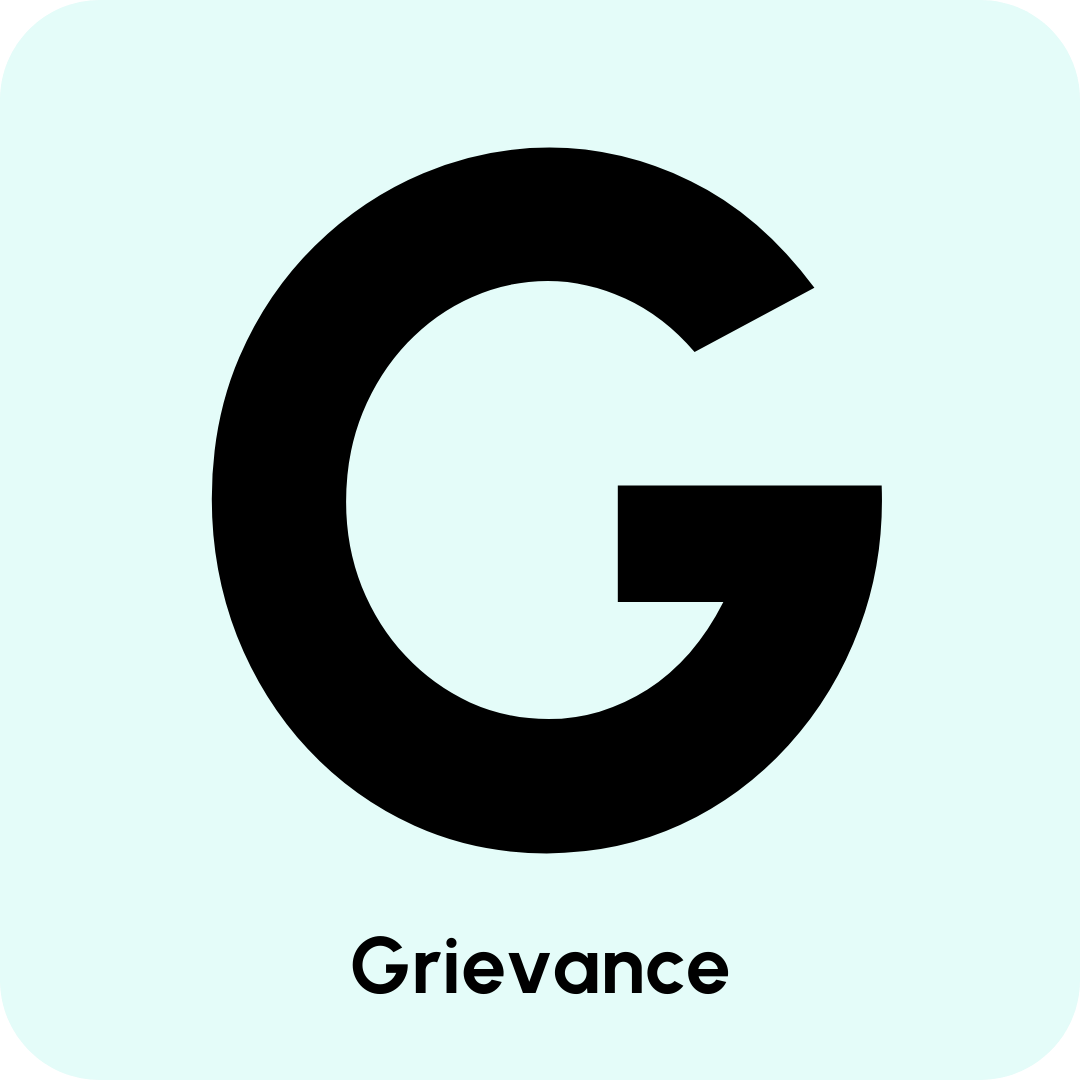Why Grievance procedures matter for your business
The way grievances are handled has a direct impact on employee trust, engagement, and retention. If a grievance is ignored, brushed aside, or handled poorly, employees may feel undervalued or even forced out of the organisation.
From a business perspective, the risks include:
- Employment tribunal claims: mishandling grievances can lead to claims for constructive dismissal, discrimination, or victimisation.
- Lower morale and productivity: unresolved issues create tension and damage team cohesion.
- Reputation damage: word spreads quickly, both internally and externally, about how an employer treats its people.
- Financial costs: defending a tribunal case is expensive, even if the employer ultimately succeeds.
By contrast, when grievances are handled fairly and consistently, employees are more likely to feel respected, even if the outcome is not entirely in their favour. This strengthens the organisation’s reputation as a fair and responsible employer.





